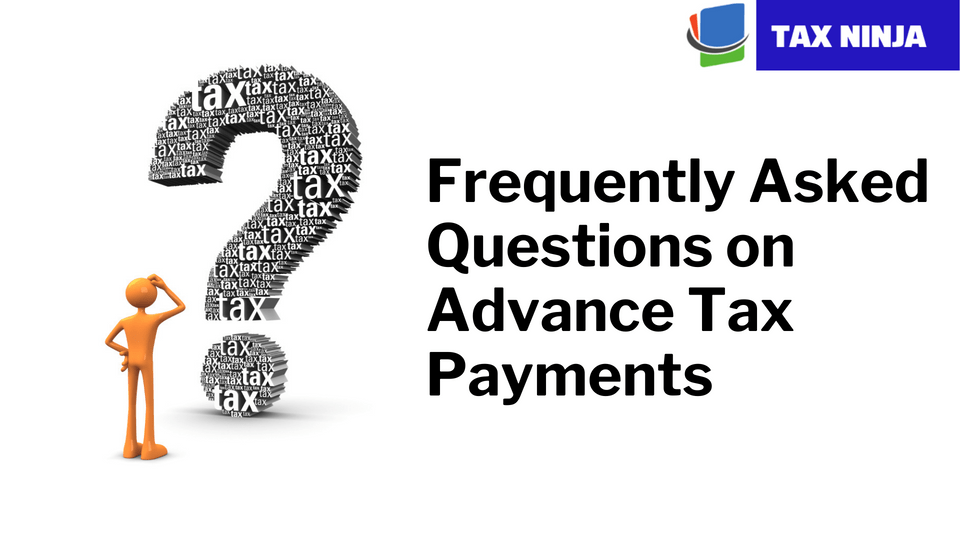

Every assessee who has tax liability in excess of Rs.10,000 after taking the due credit of TDS as per Form 26AS is required to pay such tax in installments during the year itself rather than paying this tax at the end of the year. And accordingly this tax determines its name as 'Advance Tax' - a tax which is payable during the year or Pay as you earn basis.
As per Section 208, obligation to pay advance tax arises in every case where the advance tax payable is Rs. 10,000 or more (except the cases mentioned below).
1. If the obligation to pay advance tax is below Rs. 10,000.
2. If you are Senior citizens aged 60 years or above (but not having income under head - Profits and gain of business or profession).
3. If you are salaried individuals and TDS is being deducted by the employer at the time of payment of salaries. However, it may be pertinent to note that any earnings from other sources which may include interest, capital gains, rent, etc. will attract advance tax.
Following are the due date for corporates and non-corpororates (other than assessee computing profits on Presumptive basis taxation scheme of section 44AD or section 44ADA) :
| Due Date of Installment | Amount Payable |
| On or before 15th June | 15% of the Advance Tax |
| On or before 15th September | 45% of the Advance Tax |
| On or before 15th December | 75% of the Advance Tax |
| On or before 15th March | 100% of the Advance Tax |
Any amount paid by advance tax on or before 31st March shall be also treated as Advance Tax paid during F.Y.
Interest u/s 234C is payable @1% if the tax is not paid as mentioned in due dates for Advance Tax Payment table i.e. Interest for Deferment in Installments of Advance Tax. The period for such interest will be 1 month in case of short fall in payment of the last installment and for a period of 3 months in case of short fall in payment of 1st, 2nd and 3rd installments.
Note : Interest on the amount of shortfall will not be leviable in case advance tax in case not less than 12% of advance tax has been paid on or before 15th June or not less than 36% of advance tax has been paid on or before 15th September.
Further, interest u/s 234B @ 1% per month will be leviable from 1st April till the date of payment of tax, in cases where payment of advance tax is less than 90% of stipulated amount.
It may also be pertinent to note that the interest charged u/s 234C will not be allowed as an expense for the purpose of calculation of Profits under the head Income from Business. However, Interest leviable u/s 234B can be allowed as an expense as the levy is compensatory in nature and is not in the nature of penalty.
You may also note that interest u/s 234C shall not be leviable if there is any shortfall in payment of advance tax due, due to the failure to estimate:
1. the amount of capital gains
2. speculative income (lottery income, puzzles, etc)
You can avail offline payment facility by submitting the challan at the I.T. Department authorised bank branches. You can visit any of the bank branches and make the required payment. Alternatively, you can make online payment by visiting the official website of the income tax department, as follows: